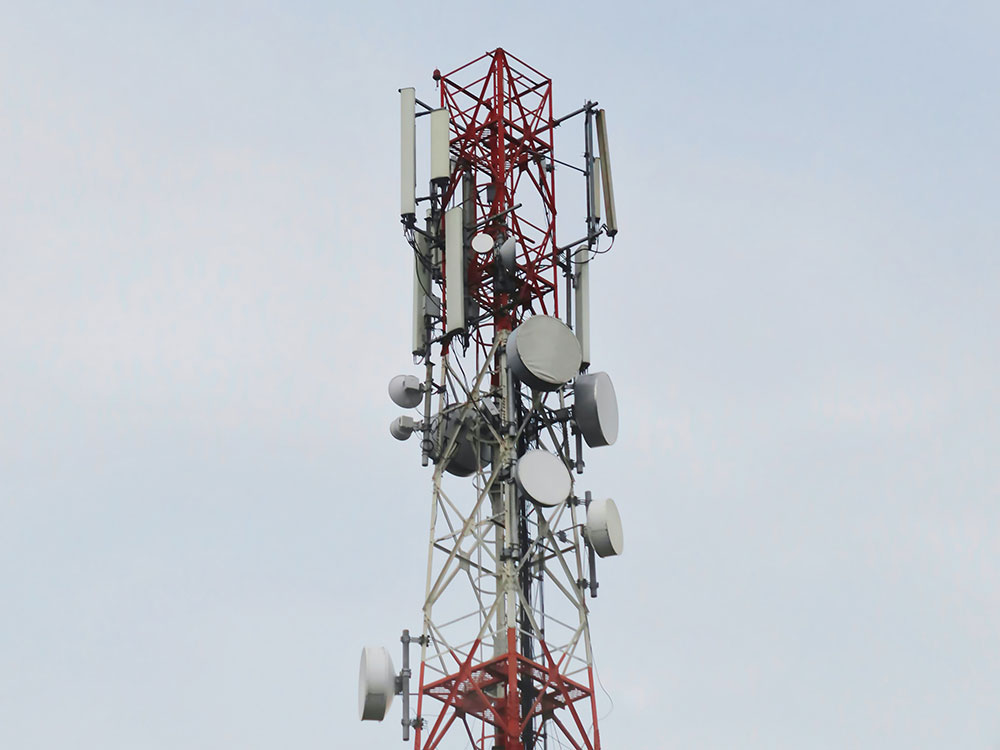Is 5G what I see on my home router? Is 5G what Alyrica uses to get people connected? Is 5G dangerous? What does the ‘G’ in 5G even mean!?
What is 5G?
There has been so much hype around 5G from cell companies that people’s perception is simply that 5G will allow make things so much faster and better that the world will be a better, safer, more productive place (as long as you are on that company’s service that is).
5G simply means ‘Fifth Generation’ and relates to the newest generation of cell provider technology. This isn’t actually ‘new’ technology, but adapting this technology into cell phones/mobile technology is what is new about it.
Is 5G Dangerous?
There are a lot of myths around 5G, specifically regarding millimeter wave and if it is dangerous. There is a great article that covers this here, but I’ll quickly touch on the basics.
Everything in the wireless world (WiFi, wireless internet, cell phone technology) is Non-Ionizing Radiation and the only health risk is that body tissue can get warm. The only way that happens is if it is extremely high output power and in the correct frequency. This is how a microwave in your kitchen works, super high output power. Output power on tower radios, WiFi routers, etc are all very low power output. You’d probably be in more danger from the battery heating you up than anything else.
What’s the difference between 5G and 5Ghz?
Most wireless routers use 5Ghz, which is a radio frequency, and the term ‘5G’ relates to a generation of technology. The term looks similar but it would be like asking what’s the difference between gasoline and a car model? They aren’t even close the same thing and the only similarity is that they both have to do with a car.
Why is 5G so much better?
Like everything in technology, the more we learn the better things can get! The ‘reason’ that people are excited about 5G is simply due to throughput. This could have some real benefits in terms of artificial intelligence and big data processing which is all very cool. For most people’s everyday life, having a 1Gbps download speed on a cell phone will help download an app faster; but most apps aren’t that big, so how helpful is that really? This goes back to How Much Speed Do I Need?
Why does some 5G go blocks and other’s goes miles?
It all has to do with the technology they are wanting to use and what an individual company is calling ‘5G’ which means different things to different companies.
The difference all boils down to the frequency that is being used by the provider.
Frequency
In a nutshell, the lower the frequency, the better it can penetrate through objects over distances, but the slower the throughput. A great example of this that most people are aware of is a wireless router in your house that is ‘dual-band’ meaning 2.4Ghz AND 5Ghz. 5Ghz will make things faster, but if you’re on your phone a long way from your router and there are a several walls between your device and the router, it would be better to use 2.4Ghz as the signal will be better.
Not wanting to bore people, but at Alyrica we use 2.4Ghz, 3.6Ghz, 5Ghz, 11Ghz, 18Ghz and 24Ghz routinely. The higher the band the more throughput. We are able to get over 1Gbps via a wireless link depending on the frequency and channels available. This isn’t ‘brand new 5G technology’ it’s stuff we have used for years.
Not every company is using the same frequencies which is why one company’s 5G goes miles and a different company’s 5G can only go blocks. It is all based on what frequencies the company has decided to use in their 5G technology.
Cell phone companies use different frequencies for different things and they fall into 3 categories; low-band, mid-band and high-band. High band = high throughput. Cell phone companies are now just starting to use high band technology to get to cell phones. This is done in the high band typically through 60Ghz (Millimeter Wave) which is what most people think of in terms of a health risk. Official studies on the affect of Millimeter Wave can be found here.
60 Ghz (Millimeter Wave)
Pros: High band can get good throughput.
Cons: High band can only go very limited distances and if there are any obstructions (like trees, walls, cars) the signal degrades and doesn’t work very well or doesn’t work at all.
Since this is the case, 5G technology relies on a blend of the low, mid and high band; but only in cities are there high band radios that can provide the throughput that people are excited about. 60Ghz isn’t practical for anywhere other than cities, so if you live out of town a bit, this isn’t something that is coming to you anytime soon. Here is a great graphic of the ‘Race to 5G.’ In this ‘race’ the big cell phone providers aren’t even in a practical place to roll this out to many cities, let alone everywhere else.
Does Alyrica use 5G technology?
Like all tech and internet companies we are always looking at getting better and better for our customers! We have ourselves gone through 4 major iterations of the technology we use to get customers online. We are in our ‘Fourth Generation’ and eventually we will need a ‘Fifth Generation’ but we will do our best to not confuse people like everyone else out there is doing with 5G!
The question that people are asking when they ask us this question is actually, “Is Alyrica going to start using 60Ghz, Millimeter Wave to hook up all their customers?”
The answer is no; it isn’t practical for most of the customers we serve, especially in the rural areas!
Transparency; that’s Alyrica!






